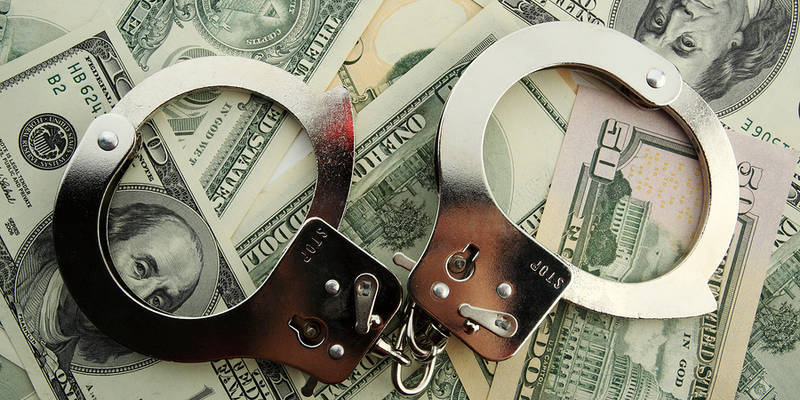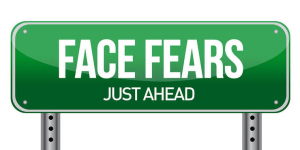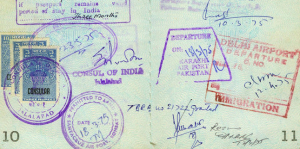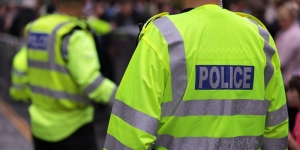When I was younger, the War on Drugs seemed like a great concept. Drugs are bad after all; why not wage a war against them? Should we really place our faith in a concept coined by Richard Nixon? He isn’t known for being history’s most trustworthy leader. After further investigation into the battle on elicit substances, I realized that the War on Drugs might well be something that we need to oppose rather than endorse. I’ll try to explain why…
The Statistics of the War on Drugs
One thing that is great about numbers is that they simply don’t lie. When you look at the stats behind the War on Drugs, which is supposed to reduce the illegal drug trade, you can clearly see that it hasn’t been all that effective since its inception.
- In a ten year span, the worldwide use of opiates increased 34.5%, use of cannabis increased 8.5%, and cocaine use increased 27%
- In the beginning of 1980, there were only about half a million people in prisons in America – now there are well over two million
- Arrests for serious violent crimes has decreased, simply because the focus of over 50% of incarcerations are focused on drug offences
- America spends an excess of $51,000,000,000 every year on the Drug War
- In 2012, over 1 ½ million people were arrested in the US for nonviolent drug charges
- More than 200 thousand students have been stripped of financial aid for college thanks to petty drug charges
What if We Ended the War?
When it comes down to it, just ask yourself where you want the priorities of law enforcement to be. Would you prefer they spent millions tracking down stoners eating potato chips on their sofa, or violent criminals? True there is a lot of violent crime brought about by drugs, but think about what would happen to that crime if the war on drugs ended.
We could focus our interests and financial capital on pressing issues like poverty and healthcare. The numbers above don’t lie, so why should we support a war that has done us no good for decades?
What if Drugs Weren’t Illegal at All?
More specifically, think about what would happen to the criminal enterprise of the illegal drug trade if drugs were decriminalised all together. Back when alcohol was made illegal, it created an entire population of illegal syndicates that distributed booze and made millions of dollars. Now that alcohol is legal again, think of how many speak easies exist… None. Because now alcohol distribution is under the control of the government and only allowed by licensed facilities.
Legalizing all types of drugs is a scary concept to the public. People imagine a world in flames with screaming crack heads running rampant and needles poking out of everyone’s arms. But when you look at other countries that have tried this approach, your fear may be put at ease.
In 2001, Portugal decriminalised every illegal drug. Surprisingly, there weren’t flames and rioting crack heads. In fact, the country now has:
- The lowest rates of cannabis use in the world
- Drug use amongst teenagers dropped significantly
- HIV infection has dropped by 17%
- Annual deaths caused by drugs was sliced in half
By decriminalising a substance and treating it as a public health issue, you can actually reduce the amount of use. Just because drugs aren’t completely illegal doesn’t mean people around the world are going to start shooting up heroin and cooking meth.
If drugs like cannabis were legal, people would obviously go to places that legally produce and distribute it in a safe manner instead of the sketchy dealer down the road. With this, the people peddling drugs illegally will lose all their profit and an entire world of crime will be eliminated.
Medical Usage
By now practically everyone knows the medical potential behind drugs like cannabis. What people don’t realize is that an array of psychoactive drugs like MDMA and LSD may actually have medical benefits as well. There are many medical experts that want to explore and research the substances in order to figure out how they may help issues like depression, cluster headaches, and PTSD.
These experts are halted however, since the substances are schedule 1 and cannot be looked at from a professional point of view to establish effects. They wouldn’t even have to be legalized to merit research, the government would only have to drop them into schedule 2 classification. Obviously, they wouldn’t be made available to anybody without thorough investigation into the effects and a confirmed positive effect on the patient.
The United States has the highest incarceration rate in the entire world. Prisons are overcrowded, funding for them is demanding, and many of the people inside just needed guidance and medical help to treat their addiction. Maybe it’s time that we step back and realize how much of a wasted effort the drug war is.







